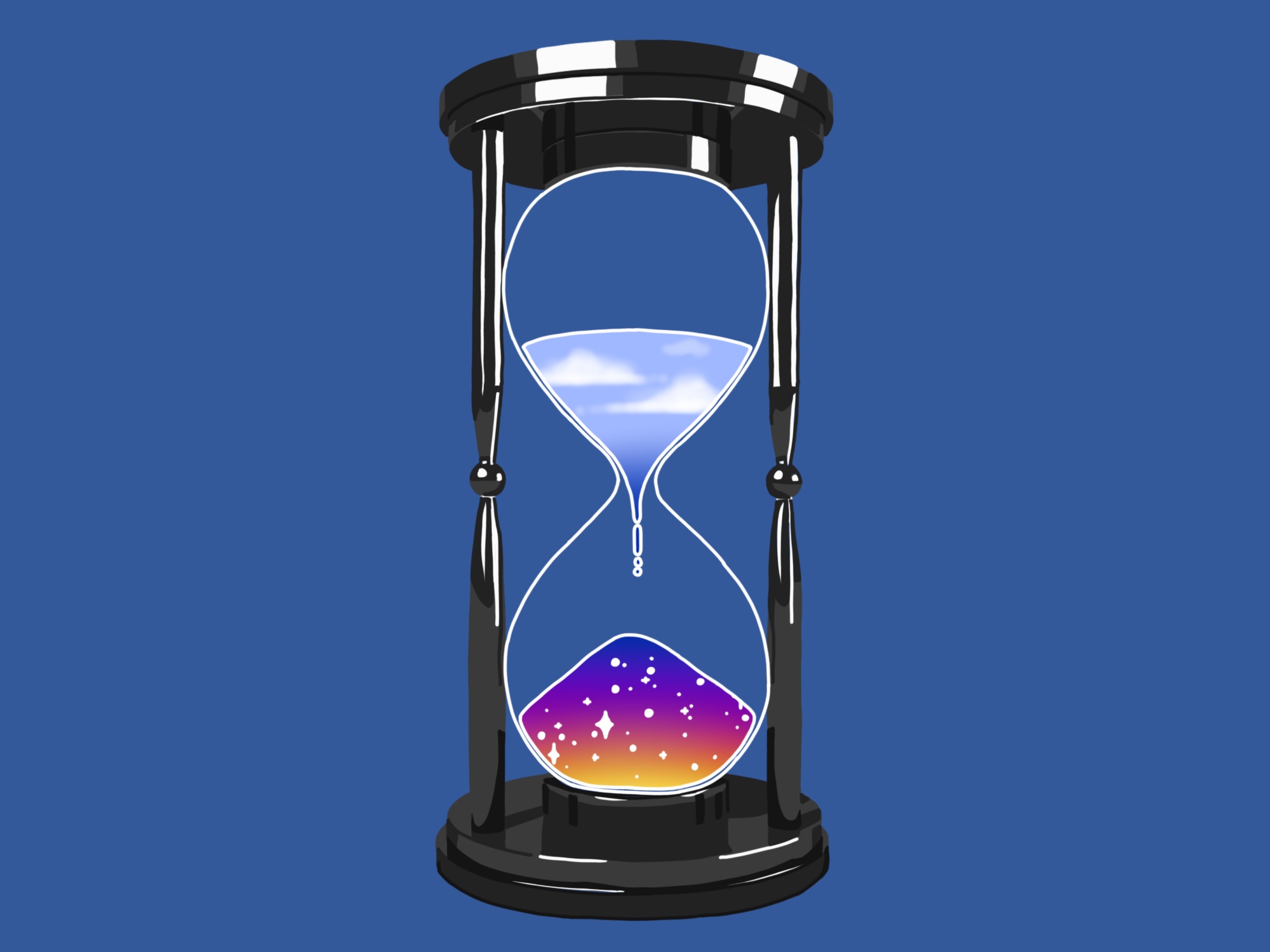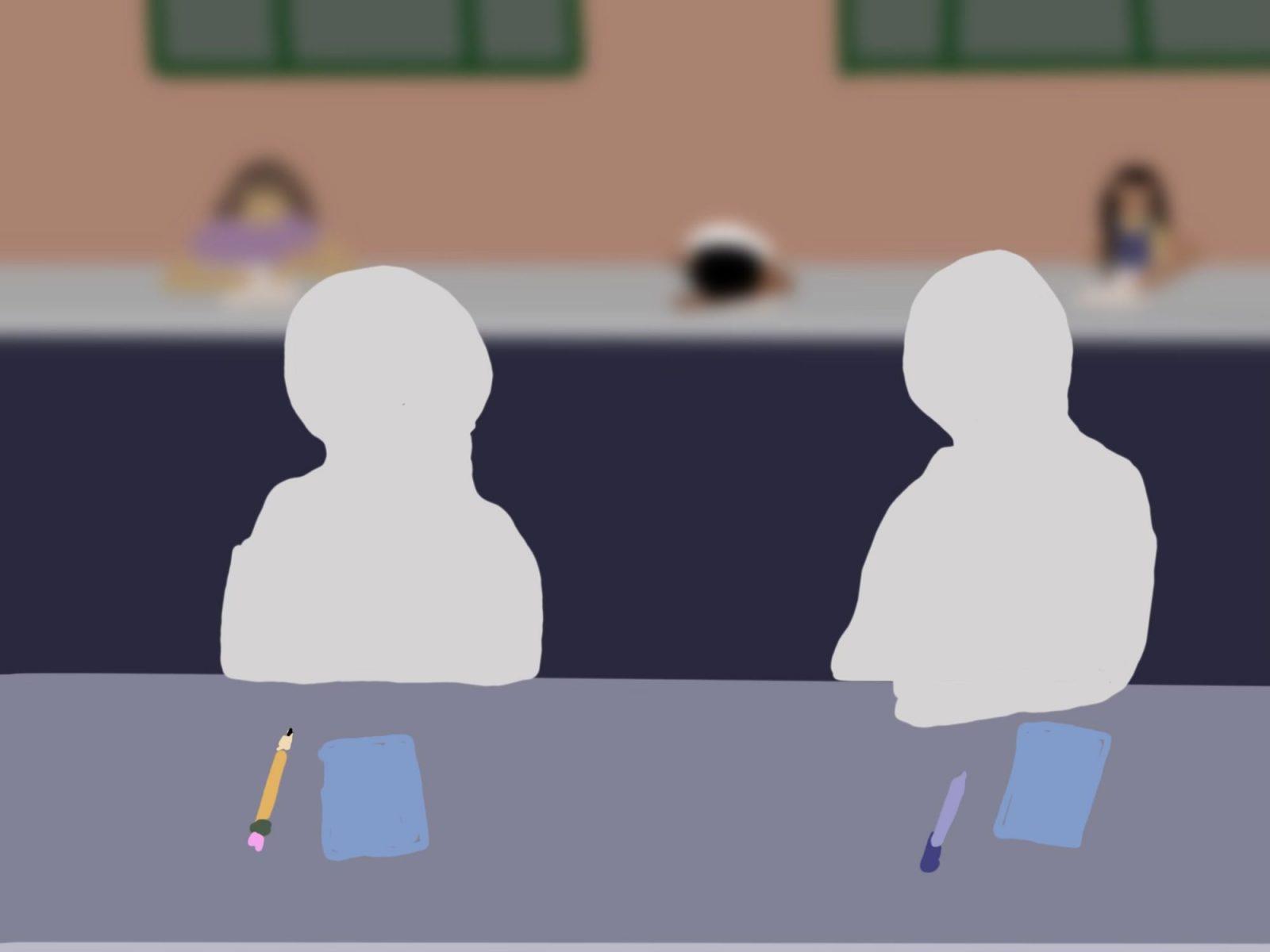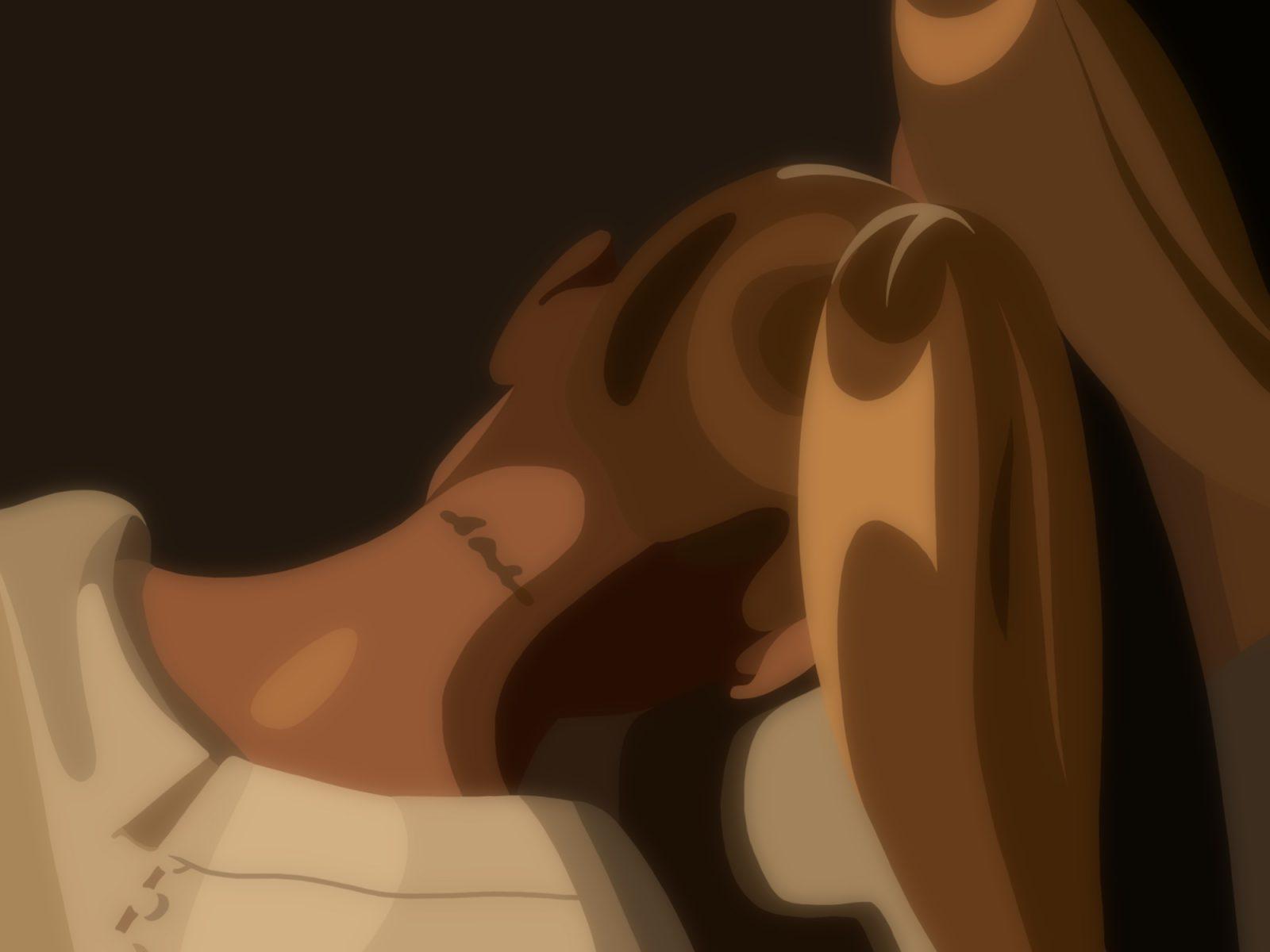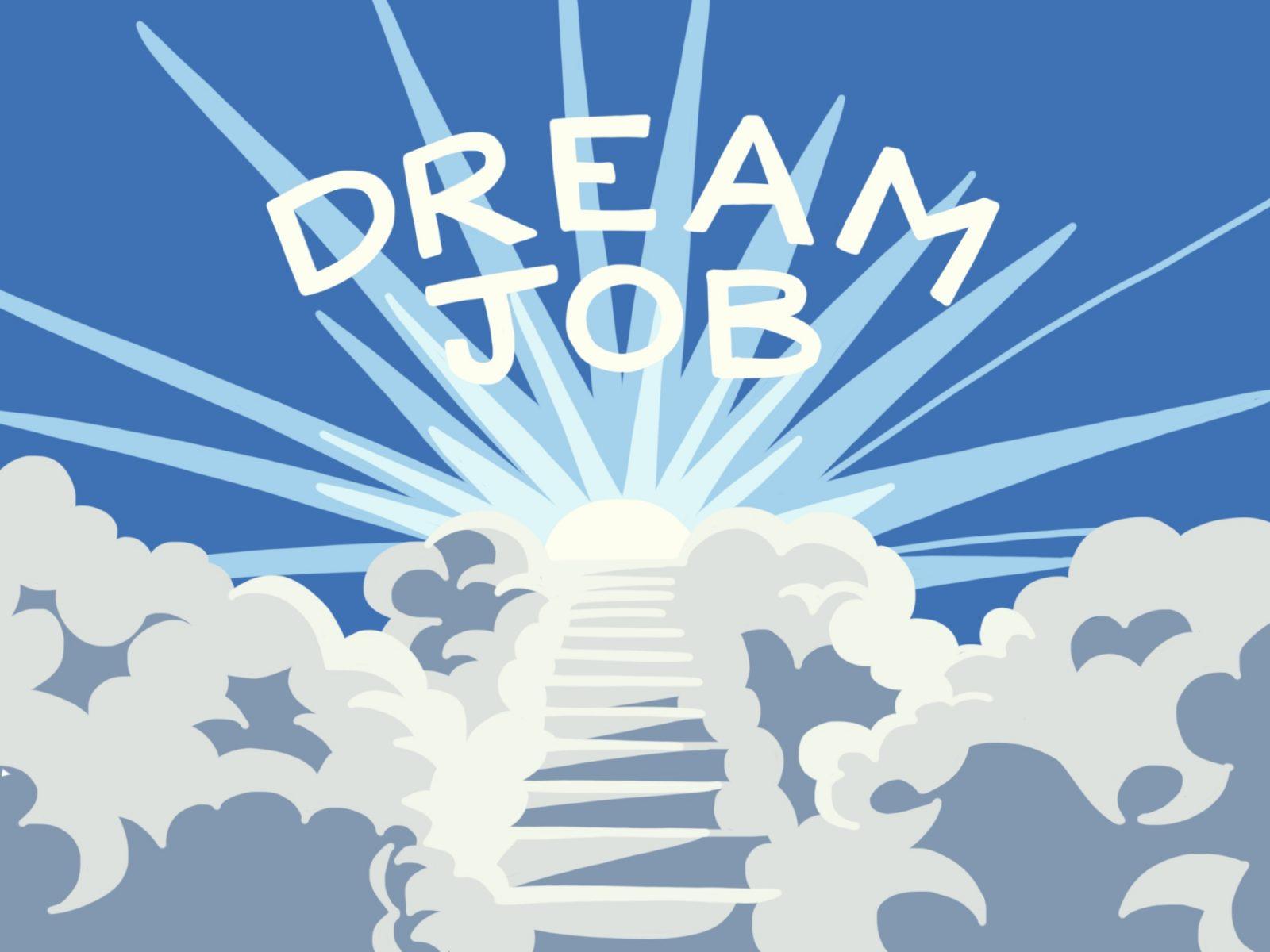Twenty-four hours can last anywhere between six to 30 hours — or at least that’s how it can feel. Gone are the days of 8:20 a.m. high school morning bells and waiting until 1:55 p.m. for the day to “end.” College presents young adults with the freedom of time, and serves as a stepping stone to learning how to manage time for oneself.
With that freedom comes immense responsibility. Budgeting your time means deciding when you’re able to be productive, how to schedule time for friends and — oftentimes — a part-time job. Time management and the overwhelming nature of time go hand in hand. If you are bad with the former, the latter seems even harder to grasp a hold of.

The played out adage about time is that there aren’t enough hours in the day. However, I don’t utilize every one of all 24 hours, and end up wasting a good number of them. My abuse of time has led me to this love-hate relationship with time and how I spend it.
I know that my philosophy of time is quite odd and feels foreign for a lot of people. However, I think it is still important to recognize why this is how I feel and if this is indicative of something broader.
As someone who moves through the world as an anxious person, I am hyper-aware of time and how quickly or slowly it passes. I run myself ragged and end up burning out quickly. These bouts of busyness are often brought up due to deeper issues with mental health.
For myself — as the biggest proponent of this campaign for less time in the day — if I am stressed about assignments and projects, the only options are to never be still or to shut down and do nothing. Neither of these options have productive outcomes, and further cause stress.
Anxiety, Attention-Deficit Hyperactivity Disorder and Post-Traumatic Stress Disorder can all make people more susceptible to being overwhelmed and shutting down or dissociating. Not only does time take a hold of the mind, for some people — myself included — but the mind holds your thoughts and body hostage.
This feeling of being stuck in the iron grip that is time and its fickle nature can be paralyzing. For young people entering professional spaces, not being able to overcome the inability to overcome burnout or shutting down can have dire consequences. At work, deadlines are king — especially in a medium such as this: journalism and writing as a whole craft.
One possibility this topic has forced me to confront is that time is not the issue, work is. The longer the day, the more work we try to squeeze in — as we often equate time with money, and therefore should be working every chance we can. Sometimes, it seems as if there are too many hours because our inability to do nothing leads us to take on far too much work.
Time is fleeting — another cliche I am challenging — and it slips from our grasp so easily. Rather than a gentle, Father Time personification, time seems like it would take on more of an ominous presence looming over us all. Some might say, time is the grim reaper intently watching over us until our last breath, but that is far more zoomed out concept. I am looking at time as what flashes on stovetops and watches, not the spiritual nature of how we spend our lives on Earth.
We as humans have not yet found a way to control time, and it eats at us. We set alarms hours before we have to leave the house because our internal clock doesn’t align with the average person’s work or school schedule.
If I were able to bend time and space to my will, there is a specific period of time where I wish everything could pause — the ten minutes between getting ready to leave the house and walking out the door. This small window gets at the heart of the concept of having “too much time on one’s hands” because there is no logical reason that I should need those minutes to pace, double-check my bag and make last-minute touch ups to my appearance.
Cutting out those excess minutes of little to nothing would help me immensely, but I do not think that is something I can blame time for. These moments of temporal anxiety leave me wishing to shorten the day in an attempt to avoid such traps.
While some wish for more time in the day to get through all their tasks, it may not be the answer. More time sucks us further into this cycle of overworking until the last minute. But a shorter day would come with its own questions to ponder. It forces us to step back and be purposeful with what we take on in the brief measure of time that is a single day.
No one can ever truly be sure if we need more or fewer hours in the day, in the true fashion of time itself.






























































































































Sandi Cooper • Mar 6, 2024 at 12:21 pm
What an interesting idea! I think I’ll try to pretend I have less time, and see what that does to my brain and general sense of time. I think it would cause me to pause more, a bit a meditation on the run – stop and breathe because you don’t have this time to do busy work. This time is just for nothingness, emptiness, the pause of meditation – no thinking of the next thing to do.